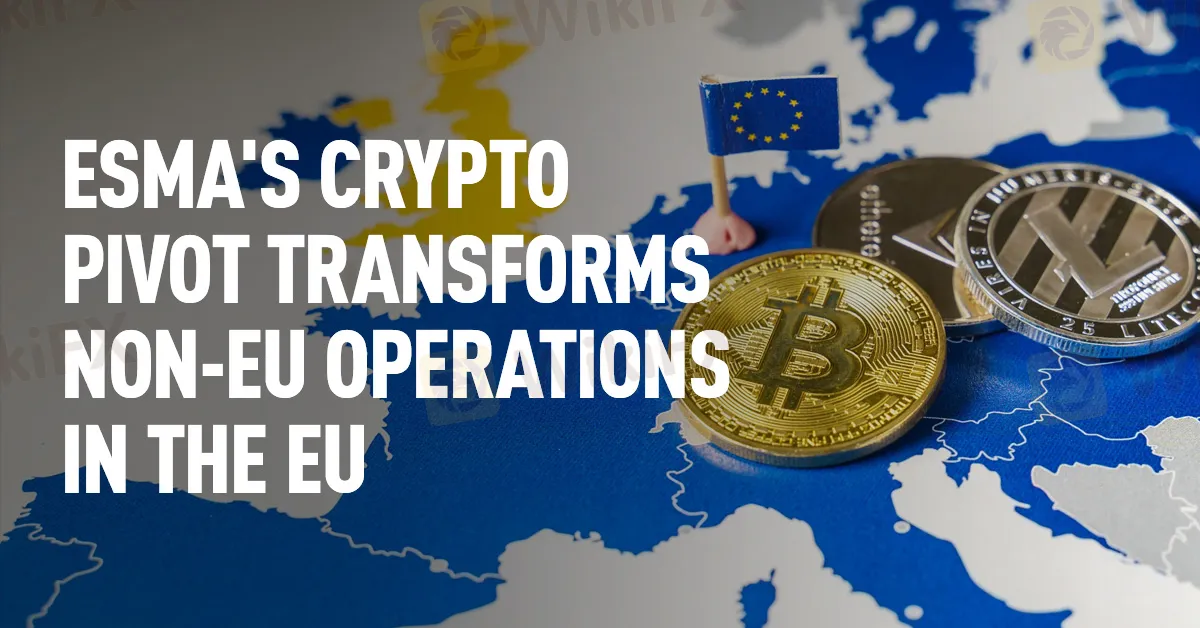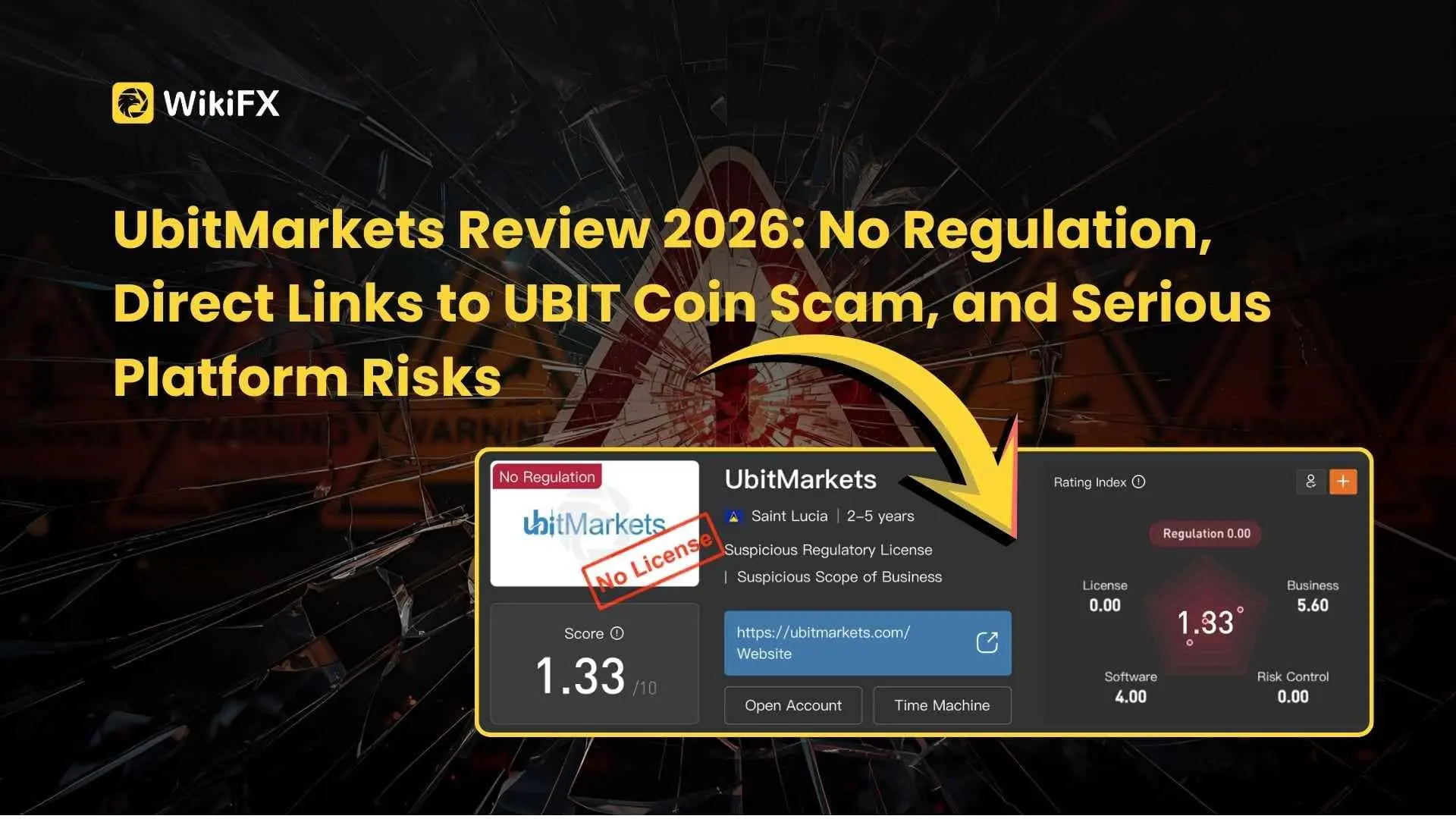JPMorgan CFO Sounds Alarm on Risky Stablecoin Yields
JPMorgan CFO warns high-return stablecoins could endanger financial stability as global regulators move toward tighter digital asset rules.
简体中文
繁體中文
English
Pусский
日本語
ภาษาไทย
Tiếng Việt
Bahasa Indonesia
Español
हिन्दी
Filippiiniläinen
Français
Deutsch
Português
Türkçe
한국어
العربية
Abstract:ESMA proposes stringent limitations on non-EU crypto firms serving EU clients, emphasizing 'reverse solicitation' as an exception, potentially prompting foreign companies to establish a physical presence within the EU to comply with MiCA regulations.

The European Securities and Markets Authority (ESMA) has introduced a proposal with potential implications for the operations of non-EU crypto companies within the European Union.
The proposed guidelines aim to impose stringent limitations on how these firms serve EU customers directly, intending to curb unfair competition. This initiative follows the EU's enactment of the groundbreaking Markets in Crypto-Assets (MiCA) framework last year, representing a significant stride in regulating the inherently challenging cross-border nature of the online crypto sector.
ESMA's recent proposals, currently open for public consultation until the end of April, seek to provide clarity on the practical application of MiCA, particularly for crypto asset firms located outside the EU. According to ESMA's statement, non-EU firms can only offer crypto-asset services to EU clients if the client exclusively initiates the service, known as 'reverse solicitation,' a concept present in other EU financial laws.
ESMA emphasizes that this exemption should be narrowly interpreted and viewed as an exception rather than the norm. This stance may compel many foreign crypto firms to establish a physical presence within the EU, such as opening a branch or subsidiary, to adhere to the bloc's regulations.

In a commitment to safeguard EU-based investors and MiCA-compliant crypto-asset service providers, ESMA and EU national regulators are determined to hold non-EU entities to the same standards. The proposals strictly prohibit the direct solicitation of business within the EU by non-EU firms, including marketing campaigns.
Moreover, ESMA proposes guidelines to ascertain when a crypto asset should be classified as a “financial instrument,” similar to stocks or bonds. If categorized as such, these assets would fall under the EU's Markets in Financial Instruments Directive (MiFID) rules, introducing an additional layer of regulatory oversight.

Disclaimer:
The views in this article only represent the author's personal views, and do not constitute investment advice on this platform. This platform does not guarantee the accuracy, completeness and timeliness of the information in the article, and will not be liable for any loss caused by the use of or reliance on the information in the article.

JPMorgan CFO warns high-return stablecoins could endanger financial stability as global regulators move toward tighter digital asset rules.

UbitMarkets review reveals no valid license and direct links to a fraudulent project, raising serious concerns over investor fund safety.

Is withdrawing capital from PaxForex too difficult for traders? Has the China-based forex broker made you trade gold, silver and cryptocurrencies despite not having an office in the United States? Do you find its operational style suspicious? You are not alone! Several traders have expressed these concerns when trading with the broker. In this PaxForex review article, we have exposed the broker through user comments made on several review platforms. Take a look!

Sundramoorthy said investment scams continued to ensnare victims from all walks of life, including highly educated professionals accustomed to analytical and evidence-based thinking
